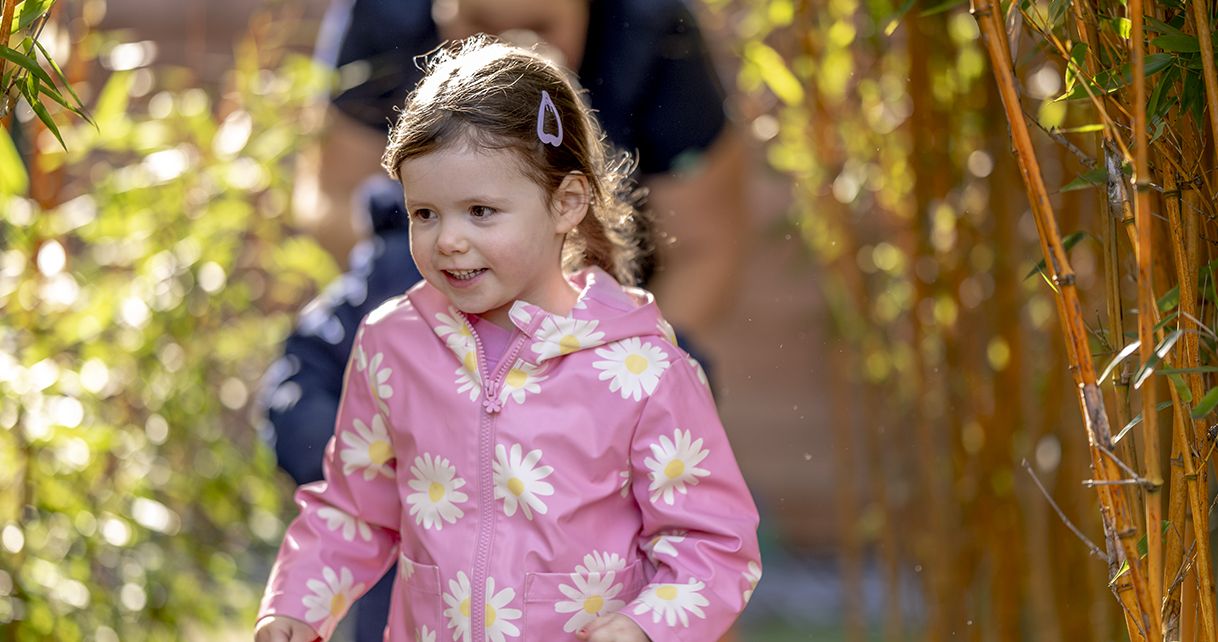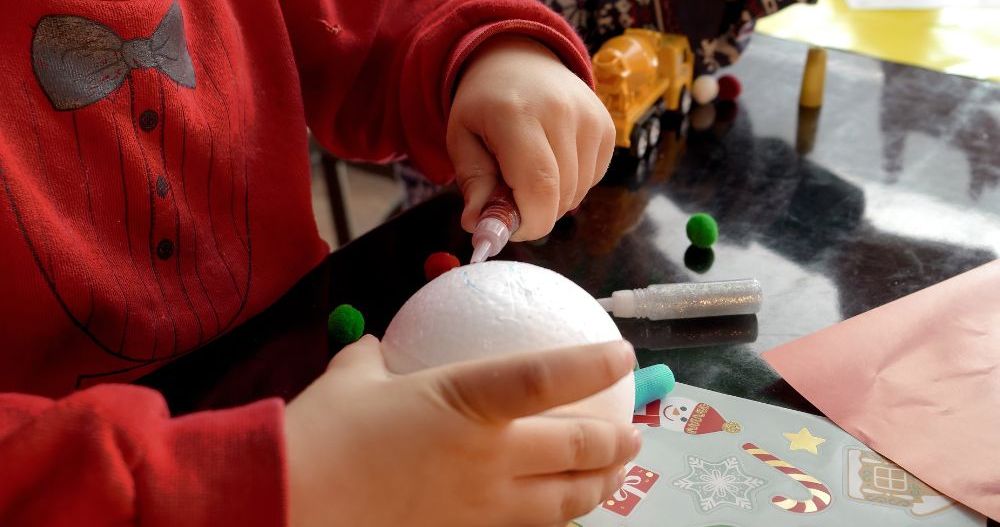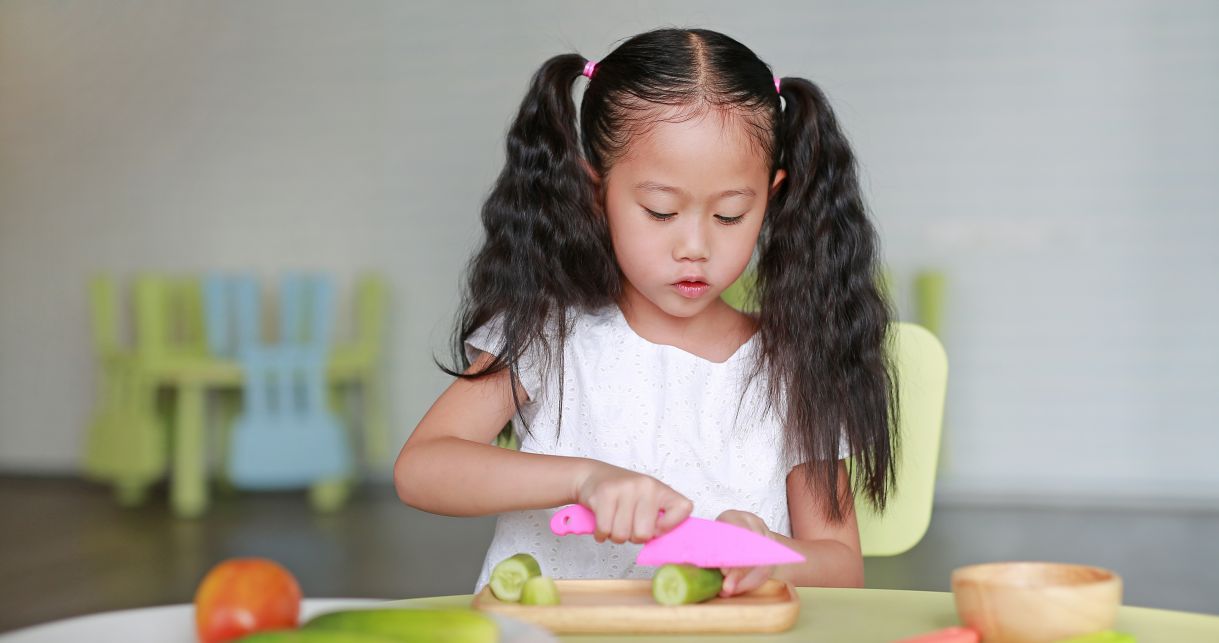7 min read
7 min read
7 min read
7 min read
Starting primary school is a major milestone in a child’s life—one that can feel equally exciting and daunting for both children and parents. The transition from nursery to primary school marks a significant change in routine, environment, and expectations. While every child adapts differently, there are steps parents can take to ensure a smoother transition.
At Busy Bees, we understand that transitions in the early years mark huge moments in a child’s development. With the right support, encouragement, and preparation, your child can step into their reception class with confidence and enthusiasm.
Transitions in early years settings—such as moving from nursery to school—are about more than just learning new skills and being able to read or write. They involve emotional, social, and cognitive adjustments. Children learn to navigate new relationships, unfamiliar surroundings, and a new level of independence.
A well-supported transition could positively impact a child's well-being, academic progress, and overall confidence. Supporting your child through this transition helps to build their confidence, reduces anxiety, and fosters a positive attitude towards school from day one. Jenny Shaw, the Lead Academic Research and Developer at Busy Bees, explains:
“Starting school is a big step for your and your child, however lots of positive encouragement and reassurance from you will help to build your child’s confidence”.
Every child’s experience will be different, but there are several ways you can ease the transition from nursery to school:
The way you frame school will shape how your child views it. Keep conversations about starting primary school positive and reassuring.
Many schools offer transition sessions for children to meet teachers, explore the classroom, and get a feel for the environment. If possible:
Tip: If formal transition sessions aren’t available, arrange a visit or speak with the school about alternative ways to introduce your child into their new setting.
A key part of Supporting your child’s transition to school is encouraging your child to manage basic self-care tasks, such as:
Practising these skills at home will build their confidence and help them feel more prepared in a school setting.
The school day may be longer or more structured than nursery. Gradually adjusting your child’s routine a few weeks before term starts can make the transition smoother. Consider:
Jenny Shaw, Lead Academic Research and Developer suggests:
“Having a routine that your child understands will help them to feel safe and secure as they know what to expect”
For more tips on managing separation anxiety, explore this helpful guide.
One of the biggest changes in starting reception is the social environment. Children will meet new classmates and teachers and may feel unsure about making friends. Help your child prepare by:
Each child will react differently when starting reception, but as parents, there is a lot that you can do to support your child’s confidence and in turn, make for a more seamless transition to primary school.
Fostering a love for learning at home can make starting primary school an exciting adventure rather than a daunting change. Simple activities like the below can help develop early literacy and numeracy skills in a fun and pressure-free way :
Even with the best preparation, the first day of school can feel overwhelming. These simple steps can make the morning smoother:
The transition from nursery to school is a significant milestone for both children and parents! With the right support, your child will develop the confidence to embrace this new chapter. Every child adjusts at their own pace, so patience, encouragement, and reassurance are key.
At Busy Bees, we’re committed to supporting transitions in the early years with expert advice and a nurturing approach to early childhood education. Your child’s key person will be focusing on supporting their independence skills at nursery and planning activities to help develop their confidence in starting school.
For more guidance on school readiness, visit our School Readiness page.
by Busy Bees
Published: 28/03/2025
Share Blog

by Busy Bees 26/01/2026
10 min read

by Busy Bees 01/12/2025
5 min read

by Busy Bees 01/12/2025
5 min read

by Busy Bees 27/11/2025
6 min read

by Busy Bees 25/11/2025
7 min read